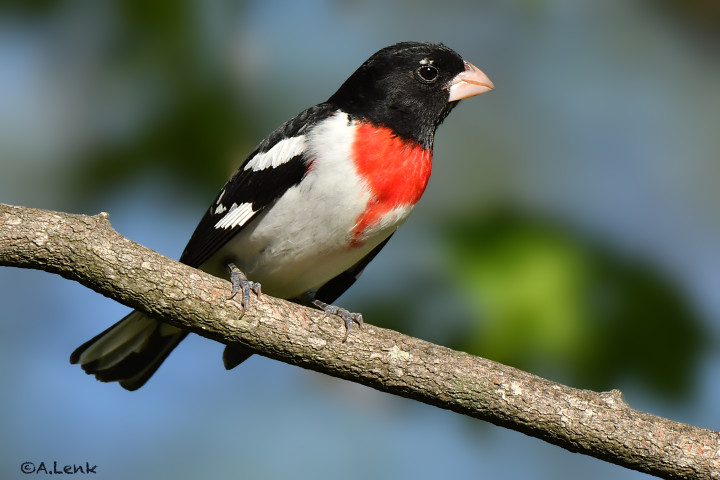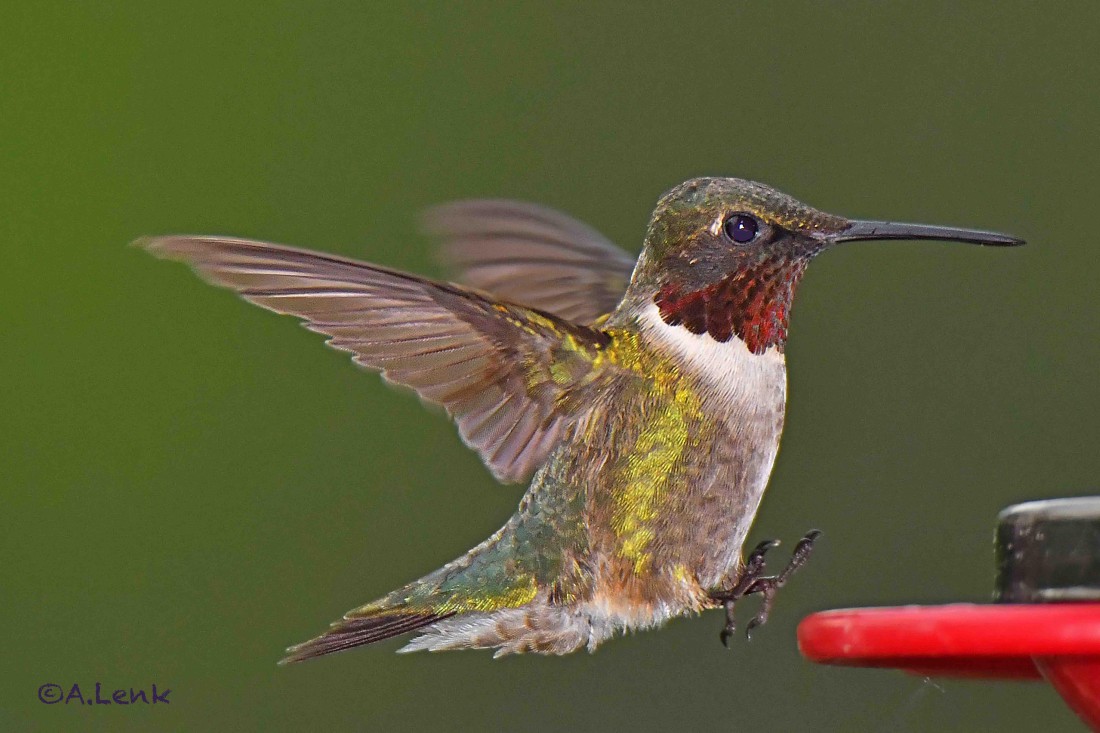BY NANCY CASEY
Ruby-throated hummingbirds arrived in the Asheville area in April after an epic, awe-inspiring journey. Each spring and fall, these tiny birds somehow summon the strength to fly 500 miles nonstop across the Gulf of Mexico, a trip lasting 20 hours.
Migrating birds, including the hummingbird, possess impressive GPS-like abilities. They often find their way back to the same breeding spot or backyard feeder year after year.
In today’s world, birds are also messengers — and they are sending us an urgent warning about the perils of climate change. All over the planet, even right here in our beloved Blue Ridge Mountains, birds are already dealing with the menacing effects of a shifting climate, and it will only get worse unless we act.

Mountain birds at risk
This spring, National Audubon Society scientists teamed up with the National Park Service to release a peer-reviewed study, which revealed that climate change is likely to have significant impacts on birds in over 270 national parks, including our own Blue Ridge Parkway and Great Smoky Mountains National Park (avl.mx/50x).
The research shows that some bird species will disappear from parks by 2050 due to unsuitable climatic conditions. For example, 38 bird species could be pushed out of the Great Smoky Mountains. Familiar birds, like the rose-breasted grosbeak and ruffed grouse, will likely be gone from the parkway and Smokies.
On the other hand, other bird species may find their way to public lands, as they struggle to survive changing temperature and precipitation conditions. As a result, national parks and other protected areas will become more and more critical for birds as they attempt to find suitable habitat over the next few decades.
Helping birds in Asheville and beyond
National Audubon Society scientists worked with Audubon North Carolina, a state office of National Audubon, to identify a large swath of the Blue Ridge Mountains to be a “climate stronghold,” an area where some bird species will seek sanctuary from the effects of climate change. Our mountains may offer the right combination of temperature and precipitation conditions to support a wide diversity of birds now and in the future. Consequently, continuing the protection of public lands in the Blue Ridge needs to be a conservation priority as birds and other species attempt to find an “island” refuge in a “sea” of changing conditions.
Here are things we can do to help:
• Join with Audubon North Carolina in advocating for responsibly sited wind and solar energy in our state (avl.mx/50u).
• Speak out to your members of Congress in favor of protecting our national parks and other public lands. These areas provide critical habitat for plants, birds and other animals (avl.mx/50v).
• Attend a local Audubon chapter meeting to learn more about birds and what you can do within your community. Asheville’s Elisha Mitchell Audubon Society is a great place to start (emasnc.org).
Birds are sounding the alarm about climate change. Now, more than ever, their fate is in our hands. In the words of Audubon President and CEO David Yarnold, “You are what hope looks like to a bird.”
Nancy Casey serves on the board of Asheville’s Elisha Mitchell Audubon Society and chairs its Advocacy Committee. Alan Lenk is a retired educator who worked as a science curriculum specialist with Buncombe County Schools and now enjoys bird photography.




Before you comment
The comments section is here to provide a platform for civil dialogue on the issues we face together as a local community. Xpress is committed to offering this platform for all voices, but when the tone of the discussion gets nasty or strays off topic, we believe many people choose not to participate. Xpress editors are determined to moderate comments to ensure a constructive interchange is maintained. All comments judged not to be in keeping with the spirit of civil discourse will be removed and repeat violators will be banned. See here for our terms of service. Thank you for being part of this effort to promote respectful discussion.